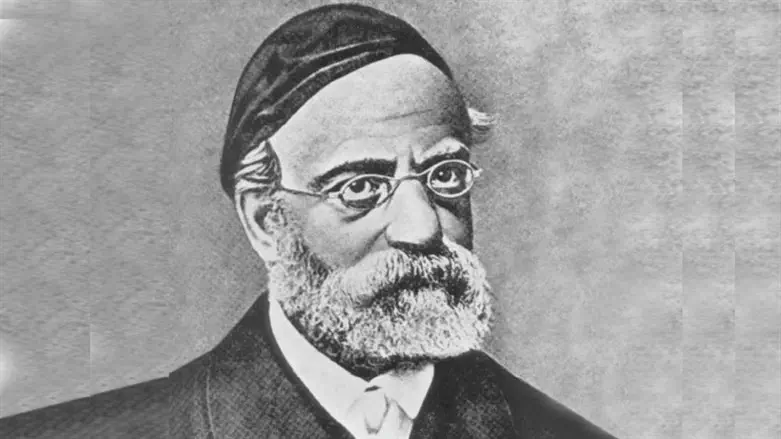
“Be patient. Trust the plan.”
That may sound like the advice of a sports coach, but it also captures G-d’s message to us in the desert 3,300 years ago.
Parshas Behaalotcha tells us repeatedly that the Jewish people’s travel schedule in the desert was erratic. It depended on the behavior of the Cloud of Glory covering the Mishkan. “Whenever the cloud was lifted from atop the Tabernacle, afterwards the Children of Israel would journey. And in the place where the cloud would rest, there the Children of Israel would encamp” (Numbers 9:17). Sometimes the cloud stayed atop the Mishkan for a single night, and sometimes it remained “for two days, or a month, or a year.” It was “absolutely unpredictable,” writes Rav Samson Raphael Hirsch.
Why did G-d lead our ancestors in this fashion? To “teach us for all time to follow [Him] devoutly and trustfully, to have complete confidence in Him, however little His guidance may seem comprehensible to us,” writes Rav Hirsch.
Rav Hirsch points out that the Torah especially stresses the uncertainty the Jews experienced when the cloud rested (as opposed to when it rose). To never know how long you’re staying somewhere is unsettling. Imagine your spouse telling you that she would like to go Florida but isn’t sure for how long. “Maybe for one night or maybe for a few months,” she says. “We’ll make a one-way ticket and decide later. I’ll tell you a few hours before I want to head back.” Most husbands wouldn’t react enthusiastically to this suggestion.
Stopping for an unpredictable amount of time couldn’t have been easy for our ancestors – especially “when one thinks of the inhospitality of the desert and remembers that [they] knew quite well that the wilderness was not the end of their wanderings but that their goal lay beyond, and that every tarrying anywhere in the wilderness only held them back from the Promised Land.”
But G-d wanted them to learn “to stay patiently in the most cheerless conditions…to feel cheerful under the staff of G-d’s guidance, and always to be ready to defer the plan of [their lives] to G-d,” writes Rav Hirsch. For G-d knew that this “cheerful, devoted and confident enduring patience” would be necessary during our long “galut wanderings through the ‘wilderness of the nations.’”
These wandering will hopefully end soon. Indeed, many signs indicate that Mashiach’s arrival is nigh, and we must do what we can to merit redemption sooner rather than later. Ultimately, though, G-d’s plan remains a secret to us. G-d may bring history to a close tomorrow or at a later date. We must be patient and trust Him – just as our ancestors did in the desert.
Rav Samson Raphael Hirsch (1808-1888) – head of the Jewish community in Frankfurt, Germany for over 35 years – was a prolific writer whose ideas, passion, and brilliance helped save German Jewry from the onslaught of modernity.
Elliot Resnick, PhD, is the host of “The Elliot Resnick Show” and the editor of an upcoming work on etymological explanations in Rav Samson Raphael Hirsch’s commentary on Chumash.
